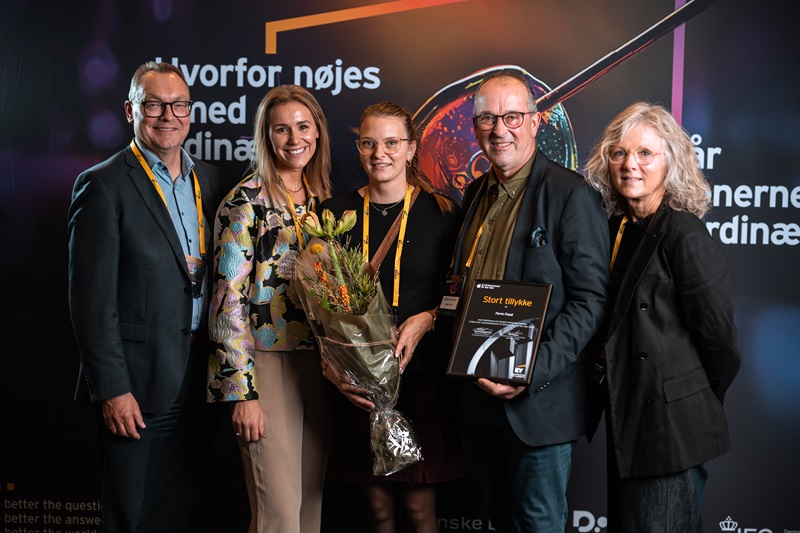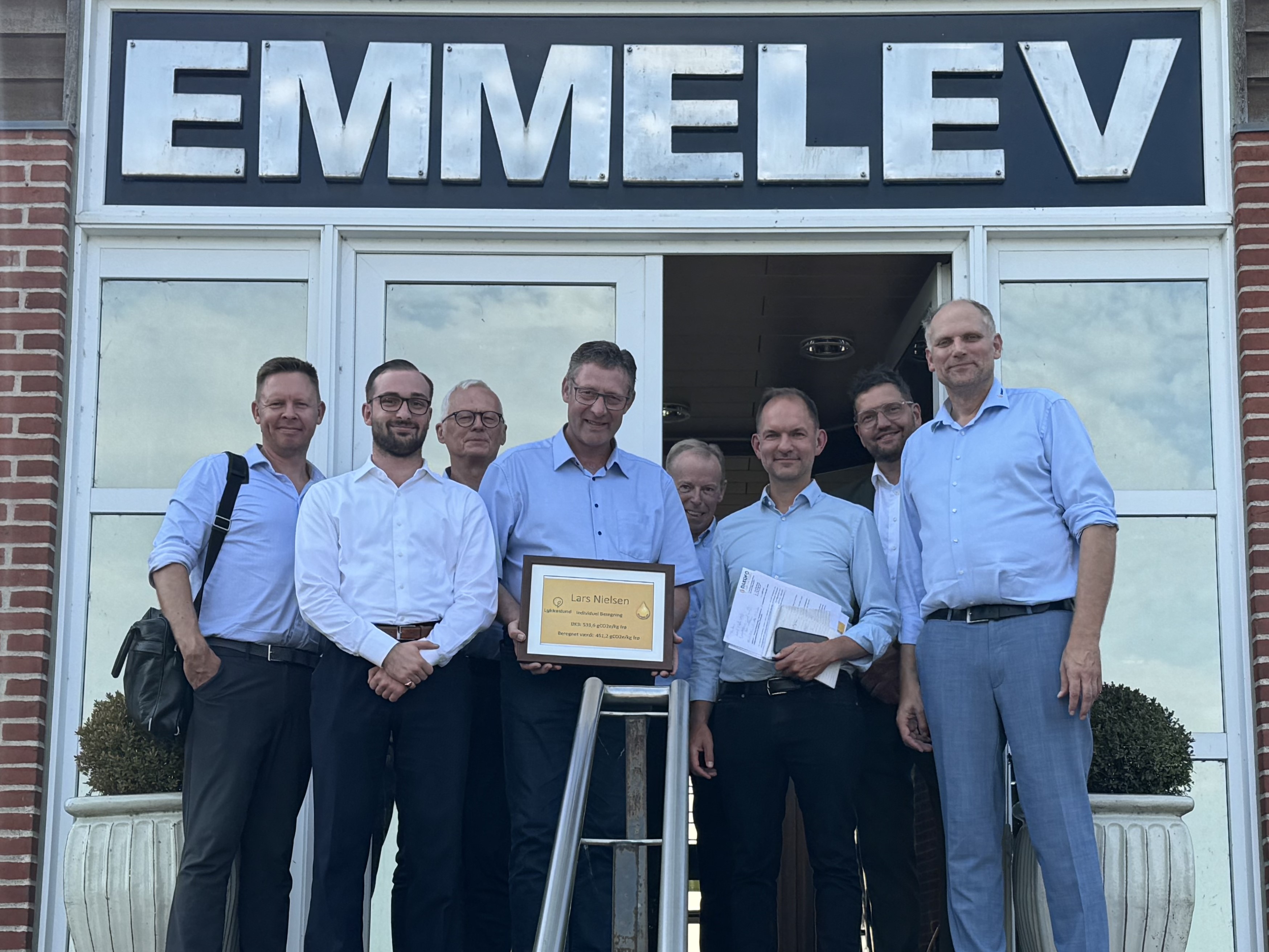EA Energy Analysis creates a report for Emmelev A/S and believes that Danish-grown rapeseed may prove to offer climate benefits that have not yet been highlighted.
Biodiesel is Economically Viable
Biodiesel is emerging as a cost-effective alternative to fossil diesel, particularly in terms of reducing greenhouse gas emissions. A report by the respected analysis firm EA Energy Analysis, commissioned by Emmelev A/S in Otterup, Nordfyn, highlights this potential. The report reveals that with a projected crude oil price of 92 USD per barrel by 2030, the societal cost of CO2 reduction through the displacement of fossil diesel in heavy transport is approximately 600 DKK per ton for biodiesel. This compares favorably to about 950 DKK per ton for biogas and over 4,500 DKK per ton for Fischer-Tropsch diesel products, also known as PtX-diesel. Consequently, replacing traditional diesel with biodiesel made from rapeseed is significantly more economical for society than other alternatives like biogas and synthetically produced diesel via power-to-x.
Rationale for Using Biodiesel
The findings in the report have reignited the debate on the necessity of phasing out fossil diesel and gasoline in favor of more climate-friendly fuels. The discussion centers on the logic of utilizing biodiesel produced from rapeseed cultivated on Danish fields. Morten Simonsen, co-owner of Emmelev A/S, explained to Ing.dk that while the company naturally has a commercial interest in biodiesel production, they commissioned the analysis to gain a deeper understanding of the socioeconomic factors involved.
“We obviously have a sense that biodiesel contributes positively to CO2 displacement and that the socioeconomic factors are reasonable. But we haven’t had the necessary calculations compared to the alternatives. With the report in hand, we can now provide a qualified response when both customers and politicians ask about the CO2 economy behind biodiesel,” says Simonsen.
Three Ways to Reduce Emissions
The EA Energy Analysis explores three methods to reduce diesel consumption by 2030: Danish biodiesel from rapeseed, biogas in heavy transport, and Fischer-Tropsch diesel derived from electrolysis hydrogen and CO2, commonly referred to as PtX-diesel. A key issue examined is how to account for the derived effects of biodiesel and biogas production, including the CO2 impact in agriculture, the so-called LULUCF (Land Use, Land-Use Change, and Forestry) effects, and the benefits of rapeseed feed displacing soy imports.
Electrifying trucks poses a significant challenge compared to passenger cars, and most trucks are expected to remain diesel-powered for many years. However, efforts are already underway to replace city buses, although tour buses present more difficulties in terms of electrification.
Hans Henrik Lindboe from EA Energy Analysis noted that during the report’s preparation, they realized that ILUC (Indirect Land Use Change) might not adequately reflect the benefits of Danish rapeseed cultivation, especially when the rapeseed is used for both biodiesel and feed.
“We chose not to include ILUC in the report simply because the numbers we found in the literature were not good enough,” says Lindboe.
Unhighlighted Benefits
EA Energy Analysis suggests that Danish-grown rapeseed may offer climate benefits that have not yet been fully recognized. Lindboe expressed concerns about whether, for instance, the EU Commission’s Joint Research Center has accurately incorporated these factors into their calculations. He suggests that it might be advantageous not only for Denmark’s climate goals but also globally to displace fossil diesel with rapeseed-based biodiesel produced in Denmark, which simultaneously provides feed. This is particularly significant since this feed is much more climate-friendly compared to imported feed made from soybeans grown in areas where rainforests are being cleared.
Lindboe recommends that ILUC calculations be reviewed by Danish researchers.
A Stepping Stone in an Initial Phase
Both Hans Henrik Lindboe and Morten Simonsen agree that rapeseed biodiesel can serve as one of many solutions in the early stages of the transition to more climate-friendly transport.
“It is a stepping stone on the way to more climate-friendly transport in an initial phase. There is a need for many different solutions if we are to achieve very ambitious goals in a relatively short time, and biodiesel is just one of them,” says Simonsen.





